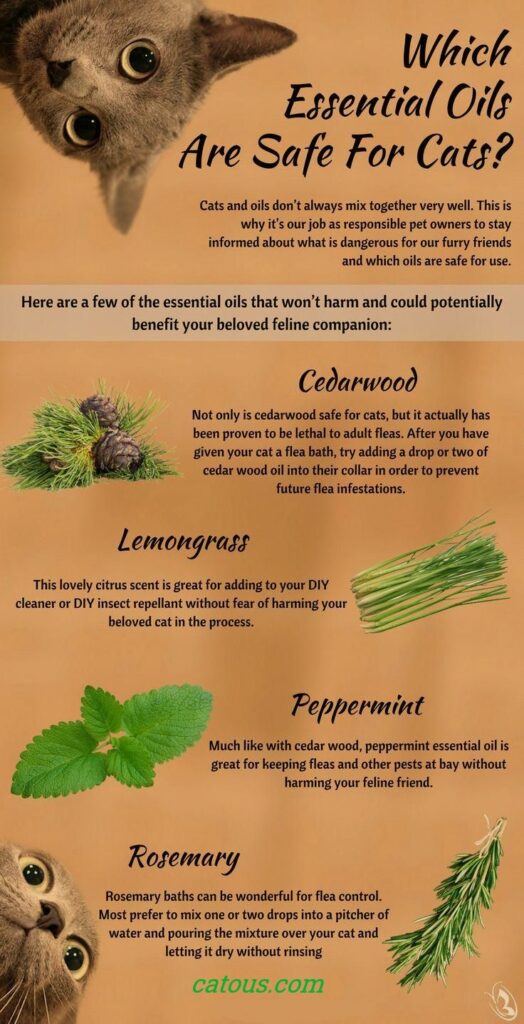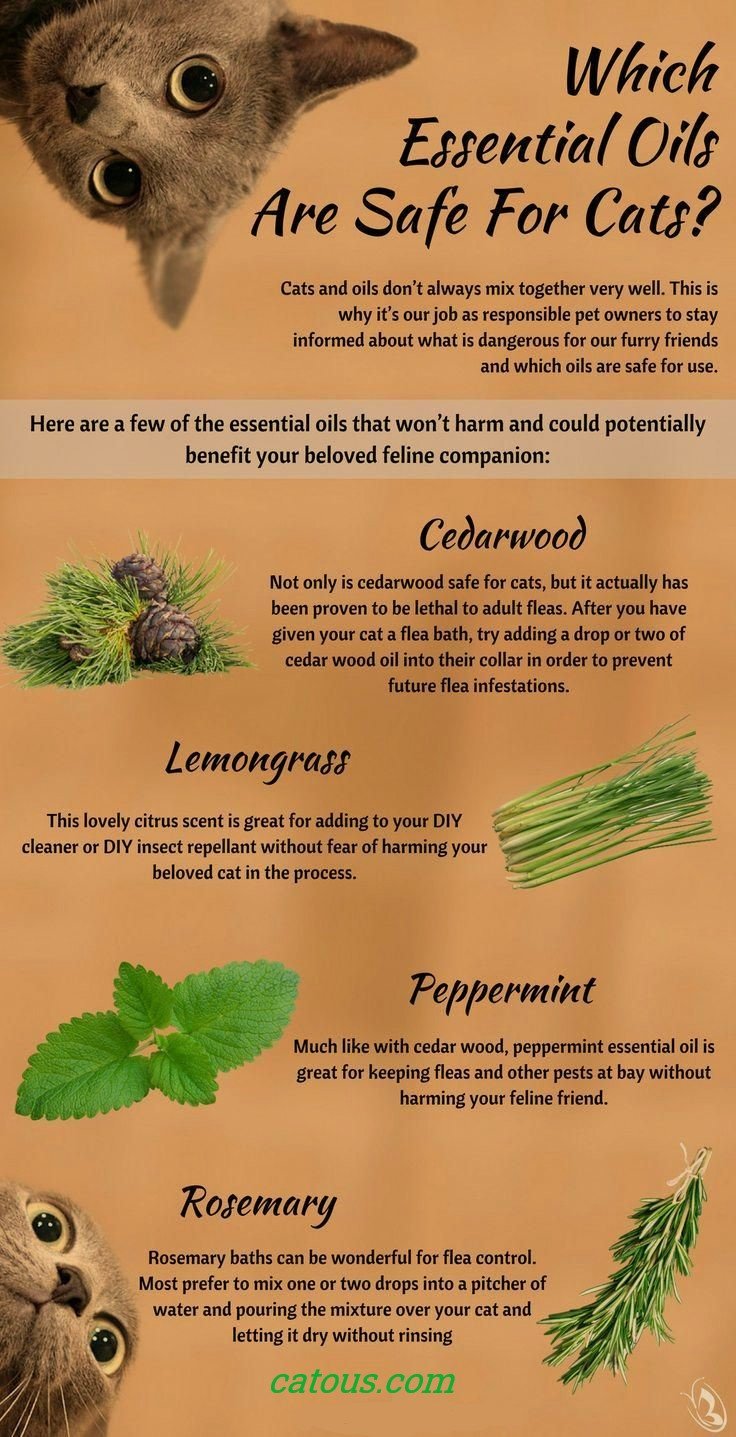Views: 1

Table of Contents
Introduction:
Using essential oils fr cat can be a natural and effective way to support their overall health and well-being. When used correctly and in moderation, essential oils can provide numerous benefits for our furry friends. In this article, we will explore some easy and safe essential oil recipes that you can use to keep your cat healthy. We’ll also address common questions and concerns related to essential oil use for cats.
Benefits of Essential Oils for cats Using essential oils for cats offers a range of potential benefits. These include:
- Soothing Skin Irritations: Essential oils like lavender and chamomile possess anti-inflammatory and calming properties that can help soothe skin irritations, such as itching and hot spots.
- Relaxation and Anxiety Relief: Certain oils, like lavender and frankincense, can aid in relaxation and provide relief from anxiety and stress in cats, especially during thunderstorms or fireworks.
- Flea and Tick Repellent: Some essential oils, such as cedarwood and lemongrass, act as natural repellents against fleas and ticks, providing a chemical-free alternative to conventional treatments.
Safe Essential Oils for Cats
While essential oils can be beneficial, it’s crucial to choose oils that are safe for cats. Here are some cat-friendly essential oils:
- Lavender: Known for its calming properties, lavender oil can help cats relax and relieve anxiety.
- Chamomile: Chamomile oil is gentle and soothing, making it suitable for cats with sensitive skin or mild skin irritations.
- Peppermint: Peppermint oil can aid in digestion and provide relief from occasional stomach discomfort in cats.
Easy Essential Oil Recipes for Cats
- Calming Mist:
- Mix 10 drops of lavender oil with 1 cup of distilled water.
- Pour the mixture into a spray bottle and shake well.
- Use the calming mist to spray around your cat’s bed or in their living area to promote relaxation.
- Itch Relief Blend:
- Combine 5 drops of chamomile oil, 5 drops of lavender oil, and 2 tablespoons of carrier oil (such as coconut or olive oil).
- Gently massage the blend onto your cat’s skin to alleviate itching and soothe irritations.
- Flea and Tick Repellent Spray:
- Mix 5 drops of cedarwood oil, 5 drops of lemongrass oil, and 1 cup of distilled water.
- Transfer the mixture to a spray bottle and thoroughly spray your cat’s coat before outdoor activities.
Frequently Asked Questions about Essential Oils for Cats
1. Are essential oils safe for cats?
- Answer: Yes, but it’s important to use them in moderation and choose oils that are safe for cats. Always consult with a veterinarian before using essential oils on your cat.
2. Can I use essential oils directly on my cat?
- Answer: No, essential oils should always be diluted before using them on cats. Use a carrier oil like coconut or olive oil to dilute the essential oils.
3. Are all essential oils safe for cats?
- Answer: No, some essential oils can be toxic to cats. Avoid oils like tea tree, clove, and wintergreen, as they can be harmful to cats.
Conclusion:
cat’s wellness regimen. By incorporating these easy and safe essential oil recipes into your catC’s routine, you can help promote their overall health and well-being naturally.
When used responsibly, essential oils can be a valuable addition to your cat’s holistic care routine. Remember to choose safe oils, dilute them properly, and use them in moderation. Essential oils should never replace professional veterinary care, so always consult with a veterinarian before introducing essential oils to your
FAQs
- Can I use any lavender oil, or does it have to be specifically for pets? It’s best to use lavender oil specifically formulated for pets, ensuring it’s free from additives that could be harmful. Always consult your vet for recommendations.
- How do I know if my cat enjoys catnip, and how much is too much? Introduce catnip in small amounts initially and observe your cat’s reaction. If they enjoy it, occasional use is generally safe. Too much catnip, however, may lead to desensitization.
- Are there essential oils that I should completely avoid for my cat? Yes, some essential oils, like tea tree and peppermint, can be toxic to cats. Always consult your veterinarian before using any new essential oil.
- Can I apply diluted essential oils directly to my cat’s fur? It’s generally advisable to avoid direct application. Instead, use a diffuser or create a diluted spray for a more controlled and safe environment.
- How long should I diffuse essential oils for my cat? Start with short sessions and observe your cat’s behavior. If they seem comfortable, you can gradually increase the duration. Always ensure proper ventilation in the room.

